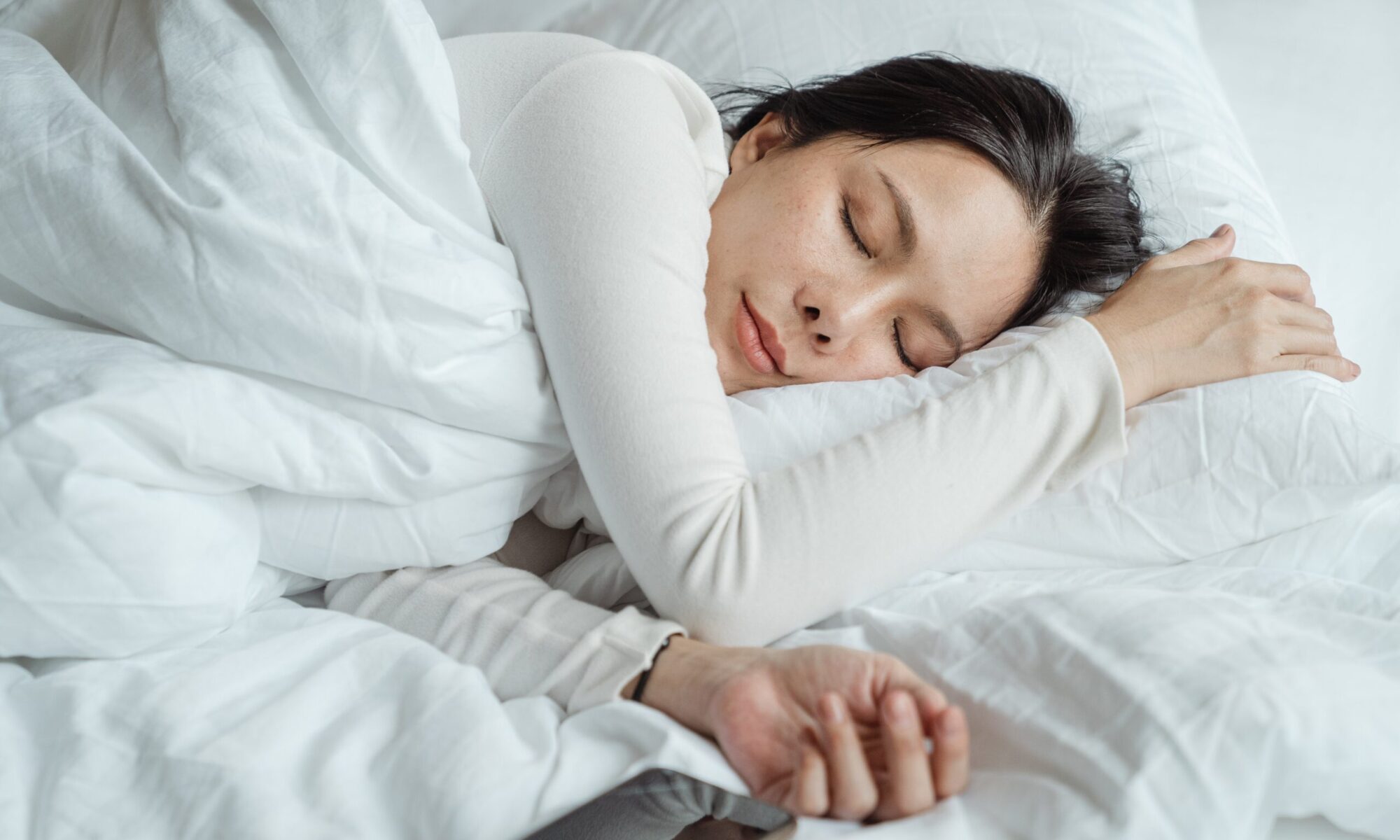When life gets busy, sleep’s often the first thing to get ignored or sacrificed, yet it’s just as crucial to good health as eating healthy foods or getting enough exercise.

So – we all agree that sleep is essential to good health, can we be more specific, and ask – why is it, for how many hours should we sleep and what constitutes “good quality sleep” and why, what happens when we don’t – these are some of the questions we’ll be asking over the next few posts.
Good sleep is crucial to good health and longevity.
Sleep is more than just time for your body and mind to recover. While you sleep, your brain and body are active, often as much as when you’re awake.
While it still remains a mystery as to why all living things sleep, it is during this time, that your body rebuilds tissues you’ve exhausted during the day and cleans away harmful substances and waste products that are produced in the body and the brain. It is also a time of memory consolidation. These are vital processes that keep both your mind and body running properly.
We also process and respond to important emotions and experiences from the day and commits them to memory during sleep. Indeed, sleep is essential to regulating emotion. Being sleep deprived for just one night can increase your emotional response to negative feelings by 60%. This is illustrated in an exaggerated way in extreme sleep disorders such as fatal familial insomnia.
A lack of sleep makes it difficult for your body to regulate appetite too. This is seen in sleep disorders like obstructive sleep apnea. Our immune systems require sleep, good metabolic function and normal body weight maintenance.
Lastly, sleep plays an important role in regulating our circadian rhythm, our “internal clock”, and explains why we tend to feel energized and drowsy at similar times every day. The circadian rhythm is basically a 24-hour internal clock that is running in your brain and cells throughout your body, cycling between sleep and alert at regular intervals – also known as the sleep/wake cycle.
The sleep centre of the hypothalamus controls our circadian rhythm, taking outside clues like light and dark (Zeitgeber). When it’s dark at night, cells in the retina of our eyes send the hypothalamus signals that it’s time to feel tired. in turn, this sends a signal to release melatonin and start the other processes to drive sleep, which makes your body tired.
That’s why your circadian rhythm tends to coincide with the cycle of daytime and nighttime (and why it’s so hard for shift workers to sleep during the day and stay awake at night).There is a balance between staying awake and our sleep drives.
The sleep wake cycle can be affected internally by sleep loss too. Inadequate quantity of sleep, sleeping at odd times of the day and exposure to bright light at night may throw off this inner clock and the many processes it regulates.
Not only is it important to get the right “quantity” each night, but it’s also important to get “good-quality” sleep too, although there’s no universal definition for sleep quality, many of us know when we’re not getting it – alas many of us don’t and risk our health, safety and happiness.
However, quality may be measured as how long it takes you to fall asleep, how often you wake up during the night, how rested you feel the next day or how much time you spend in different stages of sleep.
As good quality and an adequate quantity of sleep is necessary to so many aspects of good health, we should ensure that we get enough each night – this is a high priority.
SUMMARY: Getting enough quality restorative sleep is necessary for various purposes, including, tissue recovery, maintaining your immune system and metabolic functions, processing the day’s memories and maintaining a normal body weight.
CLICK BELOW TO RECEIVE YOUR FREE “BETTER SLEEP” GUIDE
Good sleep is crucial to good health and longevity.
Dr. Stephen Bray 2019


